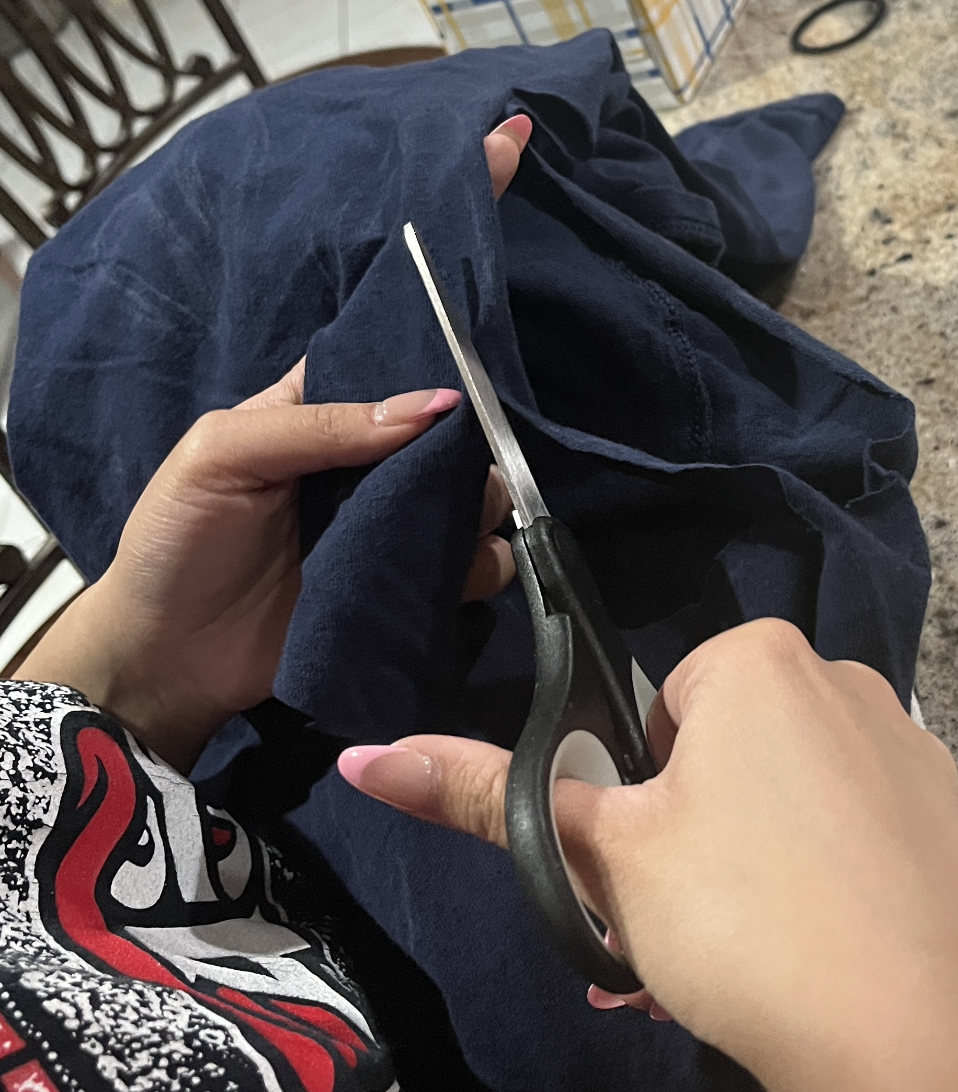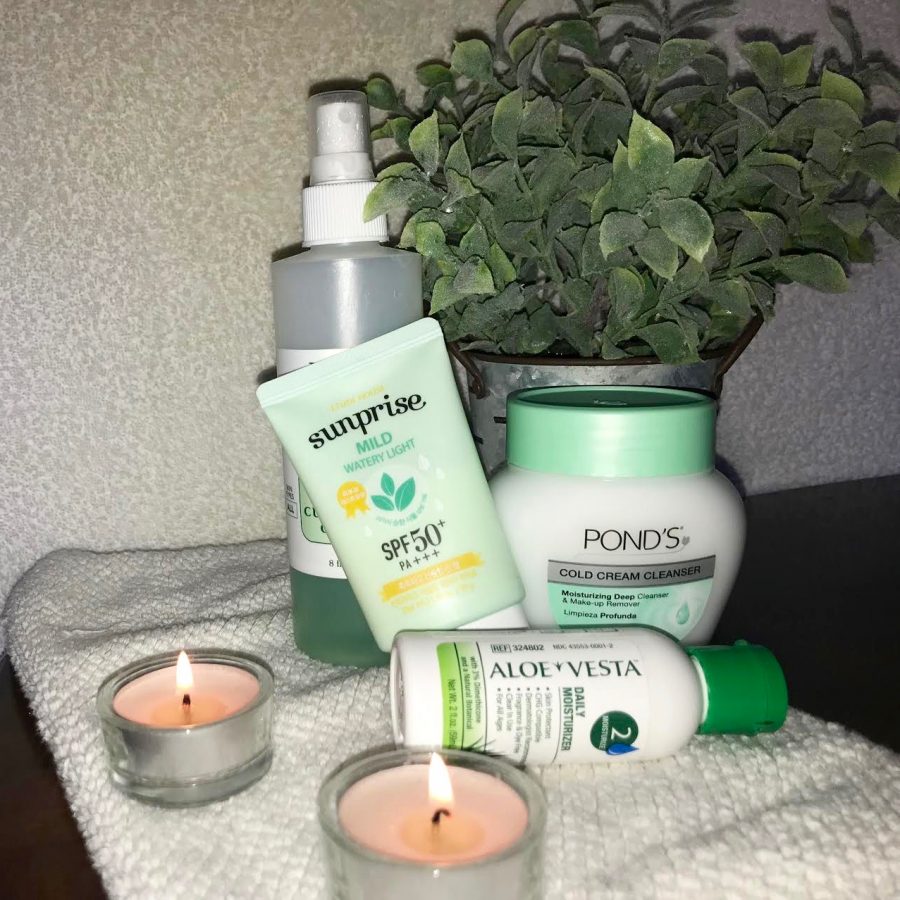Back-to-School Simple Steps to Skincare
It’s often hard to find time to care for yourself when you’re busy with the rigor of everyday life. Among school, work, and other commitments, perhaps the last thing you’re thinking about is skincare.
So what is skincare? And why is it important? Put simply, skincare is using various products and practices to care for the skin. Skincare isn’t important just because of aesthetics. Like any other part of the body, the skin needs to stay healthy. The following steps detail a simple and feasible routine for healthy skin.
First, use a facial wash daily. This only takes a minute or two, and can easily be done when you’re getting ready in the morning. Your facial wash doesn’t have to be anything fancy.
Sephora and Nordstroms sell a facial wash called Purity by Philosophy. While it is scented, I found that it wasn’t irritating to my skin, like other scented facial cleansers. Affordable options from the drugstore include Cetaphil’s Daily Facial Cleanser or Aveeno’s Positively Radiant Cleanser.
These cleansers are designed to be more gentle on the face as opposed to regular soap designed primarily for the rest of the body. Regular soap bars are contain ingredients, like artificial scents, which are not sensitive enough for the skin on your face.
It’s also important to note that the suggestions above aren’t best suited for acne-prone skin. It may be best to consult a dermatologist for acne among other skin conditions.
Second, exfoliate one to two times every week. Exfoliating gets rid of accumulated dead skin cells, so they can’t clog pores and facilitate possible breakouts. This can be done by using a face brush with your facial cleanser, all around your face, with the exception of the under-eye area. With a light hand, the bristles on the brush will push off the layers of dead skin cells.
However, make sure to use a light hand, because a harsher force is abrasive for the skin. Avoid over-exfoliating or exfoliating more than once or twice a week. Doing so will strip your skin of vital natural oils and cause drying and an overproduction of oils afterward.
Third, use a moisturizer after your shower. Using a moisturizer in lieu of regular lotion is like using facial cleanser in lieu of bar soap on your face- moisturizer is made for the face. The right moisturizer should be tailored to your skin type. For example, Neutrogena has an oil-free moisturizer line that caters to a variety of skin types, like sensitive skin and combination skin.
Lastly, to treat minor blemishes, you can “spot-treat.” These practices should not be applied to the entire face- you can only get away with this on small, individual blemishes because it will only affect a small part of your skin. For example, dip a cotton swab in medical-grade rubbing alcohol and apply it to the area. This disinfects the area and also dries it, hopefully keeping it from resurfacing. Now, if you were to do this to large areas, it would in turn dry large areas of the skin. You could also use over-the-counter products from drugstores that target blemishes. Clearasil Ultra Rapid Action Facial Cleaning Pads contain salicylic acid, which yields similar results as the alcohol.
Incorporating these steps in your everyday routine is an easy way to care for your skin and for yourself.



























